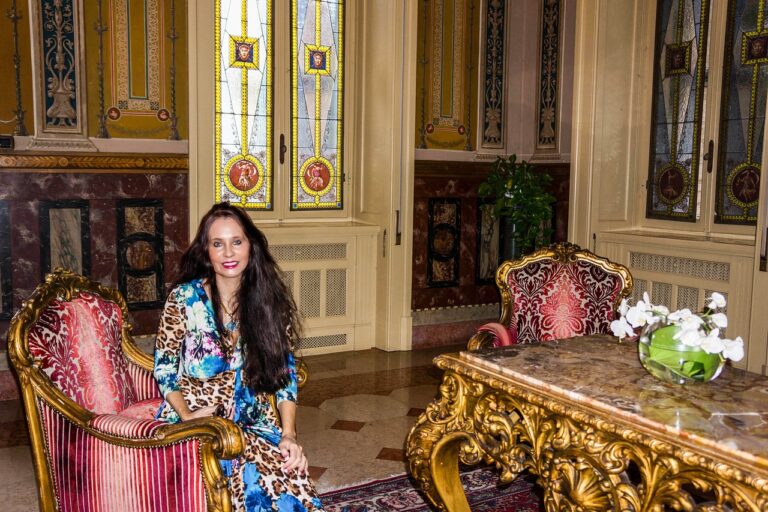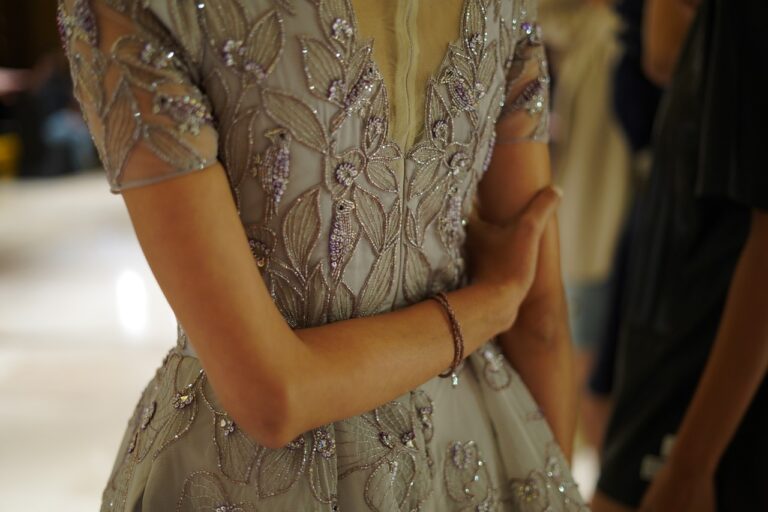Fashion and Sociology: Exploring Style in Relation to Social Dynamics: Goldbet.com registration, Tiger exchange login, Betbook247
goldbet.com registration, tiger exchange login, betbook247: Fashion and sociology are two seemingly unrelated fields that have a lot more in common than one might think. In fact, fashion can be seen as a reflection of society and its values, norms, and dynamics. By exploring style in relation to social dynamics, we can gain a deeper understanding of how individuals and groups express themselves through clothing and fashion choices.
The relationship between fashion and sociology is a complex and multi-faceted one. On the one hand, fashion is a form of self-expression and identity creation for individuals. It allows people to showcase their personal style, creativity, and individuality. On the other hand, fashion is also a social phenomenon that is shaped by larger cultural trends, economic factors, and societal norms.
One of the key ways in which fashion and sociology intersect is through the concept of social stratification. Sociologists have long studied how clothing and fashion choices can reflect and perpetuate social hierarchies. For example, certain brands and styles of clothing are often associated with specific social classes or groups, leading to the creation of distinct fashion subcultures.
Moreover, fashion can also be a means of resistance and subversion against dominant social norms and expectations. Subcultures such as punks, goths, and hipsters have used fashion as a form of protest or rebellion against mainstream society. By challenging traditional ideas of beauty and fashion, these subcultures have helped shape new trends and styles.
Fashion and sociology also intersect in terms of gender and sexuality. Clothing and fashion choices can be a powerful way for individuals to express their gender identity and sexual orientation. For example, the rise of gender-neutral and unisex fashion reflects a growing awareness of the fluidity of gender roles and identities in society.
In addition, fashion can also be a tool for social change and activism. From the suffragette movement in the early 20th century to the recent #MeToo and Black Lives Matter movements, clothing and fashion have been used to raise awareness about social issues and promote social justice.
In conclusion, the relationship between fashion and sociology is a rich and complex one that offers valuable insights into how individuals and societies interact. By exploring style in relation to social dynamics, we can gain a deeper understanding of the ways in which fashion shapes and reflects our social world.
—
**FAQs**
**1. How does fashion reflect societal norms and values?**
Fashion can reflect societal norms and values by showcasing what is considered desirable or acceptable at a given time. For example, certain colors, patterns, or styles may become popular due to cultural trends or shifts in social attitudes.
**2. How does fashion influence social dynamics?**
Fashion can influence social dynamics by creating a sense of belonging or exclusivity within different social groups. Certain clothing styles or brands may be associated with specific social identities or statuses, shaping the way individuals interact with one another.
**3. Can fashion be a form of activism?**
Yes, fashion can be a form of activism by challenging societal norms, promoting social causes, and advocating for social change. From eco-friendly fashion to body positivity movements, clothing and fashion choices can be powerful tools for raising awareness and promoting social justice.







